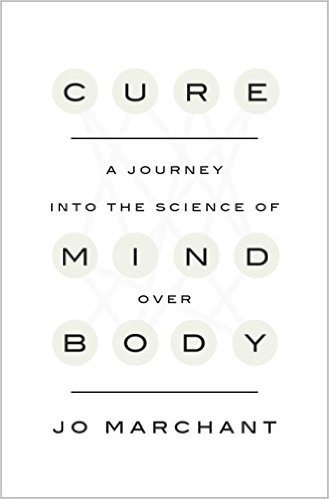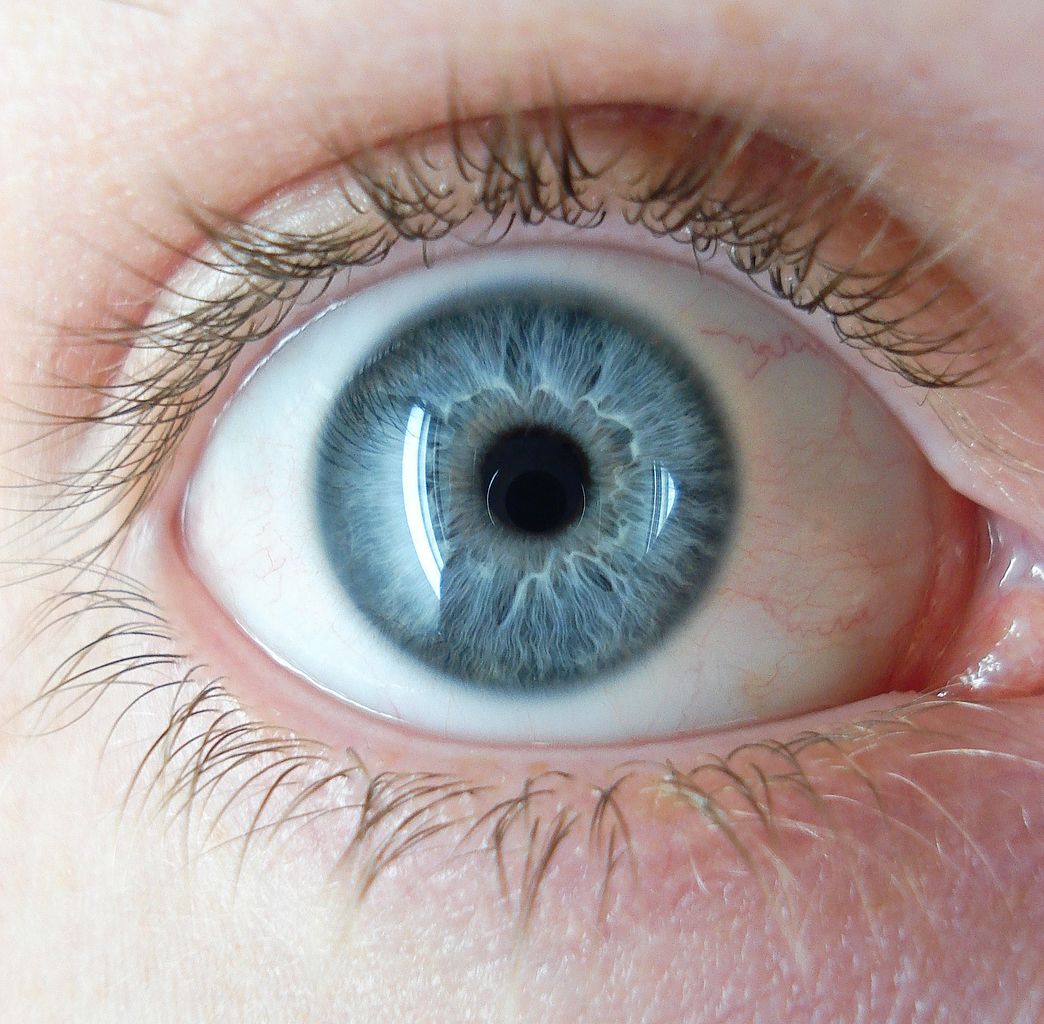Results for: clinical trials
Is it ethical to sell complementary and alternative medicine?
Complementary and alternative medicine may be legal to sell - but is it ethical to sell?
Prenatal Multivitamins and Iron: Not Evidence-Based
When I was pregnant, I obediently took the iron pills and prenatal vitamins prescribed by my obstetrician. And I prescribed them for every pregnant patient I took care of as a family physician. I never questioned the practice. It seemed intuitively obvious that it was a good thing; we know pregnancy makes extra nutritional demands and depletes iron stores. It never occurred...

Cure Is About Caring, Not Curing: Placebos, Alternative Medicine, and Patient Comfort
In a recent post, Dr. Gorski criticized two articles by Jo Marchant on placebos and alternative medicine. He mentioned that she had a book coming out and suggested I might want to review it. The title is Cure: A Journey into the Science of Mind Over Body. I don’t know of any evidence that the mind has ever cured a disease, so...
Vaginal Birth After C-Section: How Safe Is It?
Doctors used to insist “once a C-section, always a C-section.” Today it is standard practice to allow vaginal births after C-section (VBAC) for appropriately selected patients. The American Congress of Obstetricians and Gynecologists (ACOG) has issued a Practice Bulletin to guide obstetricians in determining which patients are appropriate candidates for VBAC. We frequently hear criticisms of practice guidelines like these. The doctors...
Antidepressants and Autism
A new study looking at the correlation of antidepressant use during pregnancy and the development of autism spectrum disorder (ASD) has been making headlines. While the results are likely significant, they are not as worrisome as the headlines may suggest. The study: strengths and weaknesses Overall the study design is solid. They followed 145,456 singleton full-term infants for a total of 904,035.50...
Intermittent Fasting
Fasting can mean anything from total abstinence from food and beverages to restricting specific foods or the hours of food intake. Many religions have traditions of fasting, with various restrictions. There is a good summary of those traditions on Wikipedia. The reason for religious fasting is not to improve health, but for other reasons like improving discipline and demonstrating devotion. There are...
Exercise and Memory
There is no escaping the evidence that regular moderate exercise is associated with a host of medical benefits. Among those benefits are perhaps improved memory and cognition, and questionably a decreased risk of developing dementia. The latest study to show this correlation involved younger and older adults who wore a step-monitor. The number of steps they took during the study interval was...
American Academy of Family Physicians Home Study Course Recommends Non-Science-Based Treatments
Since passing my board exams in family practice in 1979 I have relied heavily on the American Academy of Family Physicians for continuing medical education via the American Family Physician and the AAFP home study programs. The AAFP prides itself on its evidence-based approach to medicine. In general, it delivers. But the recent FP Essentials Number 432 on “Chronic Pain Management” fell...
Separating Fact from Fiction in Pediatric Medicine: Ear Infections
As discussed numerous times on the pages of Science-Based Medicine, children are increasingly a target of chiropractors, with some even pushing for recognition as primary care practitioners. Despite a thoroughly inadequate training, and a lack of experience with ill pediatric patients, they believe that they have what it takes to recognize and manage common pediatric conditions or refer to an actual pediatric...

Australian review finds no benefit to 17 natural therapies
A review by the Australian government has assessed the evidence for a variety of natural products covered by private health insurance. Their conclusion was that most lacked clear evidence of clinical efficacy. Hopefully this will end insurance coverage of seventeen different pseudosciences.

